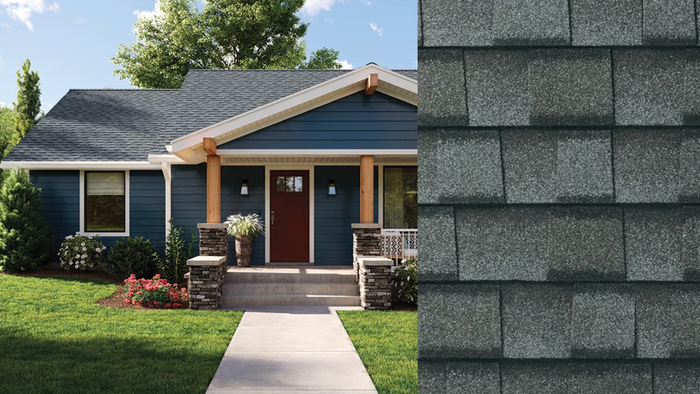The Impact of AI on Safety, Efficiency and Innovation
Artificial intelligence brings plenty to the table for construction, including enhanced predictive capabilities for site safety, but implementation challenges remain.

The adoption of AI in construction, once slow, is now accelerating, offering many applications that enhance project efficiency and precision. AI-driven analytics can forecast project timelines and budgets with high accuracy, while AI-powered robots and drones undertake on-site tasks, increasing both efficiency and safety.
Project management benefits greatly from AI, with algorithms predicting delays or cost overruns and enabling more proactive project oversight. Additionally, AI can improve resource allocation and workforce scheduling, ensuring optimal use of available materials, labor and funds.
In design and planning, AI-integrated BIM tools are streamlining architectural and engineering tasks, reducing planning phase durations. These advancements facilitate real-time collaboration among all involved in the project and ensure cohesive project development.
On construction sites, autonomous machinery, such as bulldozers and drones, are being deployed for various tasks, including site surveying and material handling. This mitigates human risk in hazardous conditions while also enhancing site safety.
AI's Role in Improving Safety and Efficiency
The integration of AI in construction extends to improving safety standards. AI-powered wearable technologies and drones monitor sites for potential hazards, while predictive safety features can preemptively identify accident risks, leading to reduced workplace incidents.
Moreover, AI helps to minimize disruptions and enhance project timelines, from optimizing schedules to recommending the best times for specific jobs and tasks based on factors like weather.
Additionally, AI contributes to sustainability by optimizing material usage and reducing waste, in alignment with global environmental responsibility goals.
Navigating Challenges for AI Integration in Construction
Despite the promising advancements, integrating AI into construction still faces several challenges. The complexity of AI systems requires significant upfront investment and an in-depth understanding of construction processes.
Moreover, the need for high-quality, consistent data collection is paramount, as AI's effectiveness heavily relies on the accuracy of data previously recorded by users.
Integrating AI with legacy systems presents another hurdle, necessitating substantial updates or replacements. The construction sector's AI skills gap demands targeted training and recruitment strategies to ensure teams can effectively use these new technologies.
Privacy and security concerns also loom large, with increased data collection raising the stakes for safeguarding sensitive information against cyber threats.
The Future of AI in Construction
Looking ahead, AI's potential in construction seems boundless. We anticipate advancements in AI-driven design tools capable of independently creating building designs while taking into consideration the environmental impacts, material efficiency and structural integrity. Predictive maintenance of construction equipment, powered by AI, promises to reduce downtime and maintenance costs significantly.
The future also holds promise for enhanced construction safety through advanced risk assessment and real-time health monitoring via AI-integrated wearables.
Additionally, AI's role in promoting sustainability and green construction practices is expected to expand, making the most of available resources and facilitating the design of energy-efficient buildings.
The integration of AI in construction is a testament to the transformative power of technology. While challenges remain, the industry's dedication to overcoming these obstacles is clear. The future of construction with AI promises not only smarter, safer and more efficient project execution but also a commitment to sustainability and innovation.
About the Author(s)
You May Also Like




